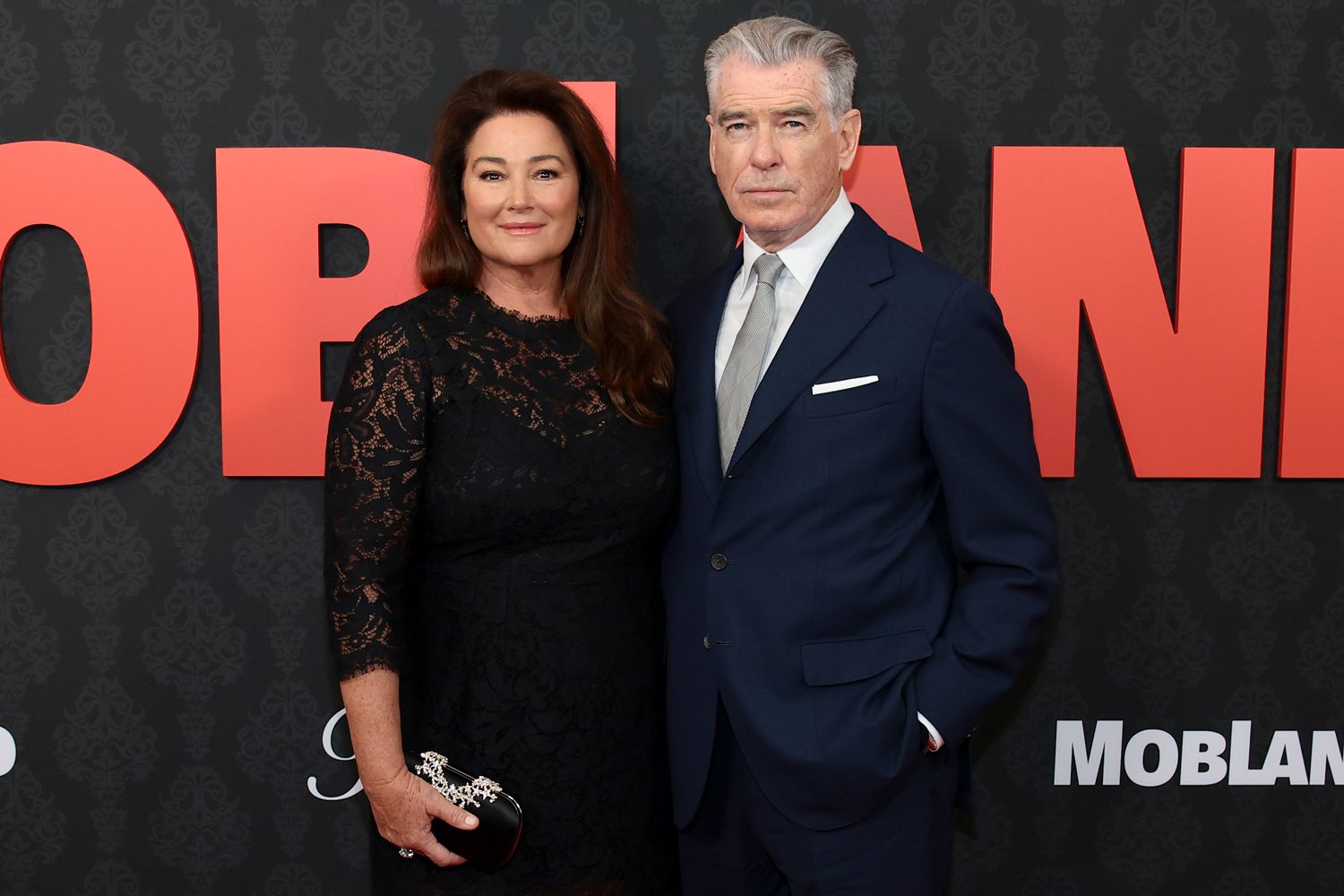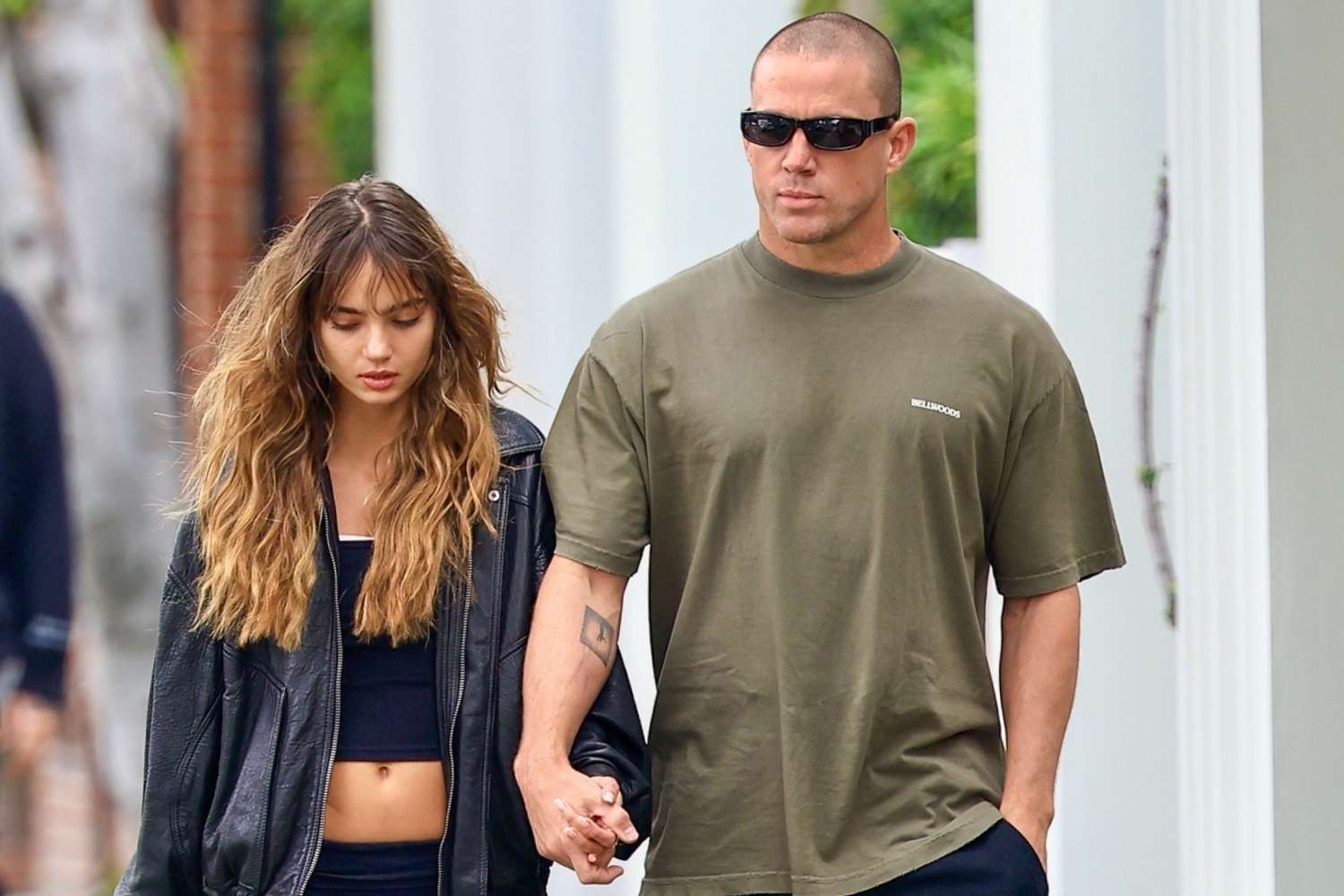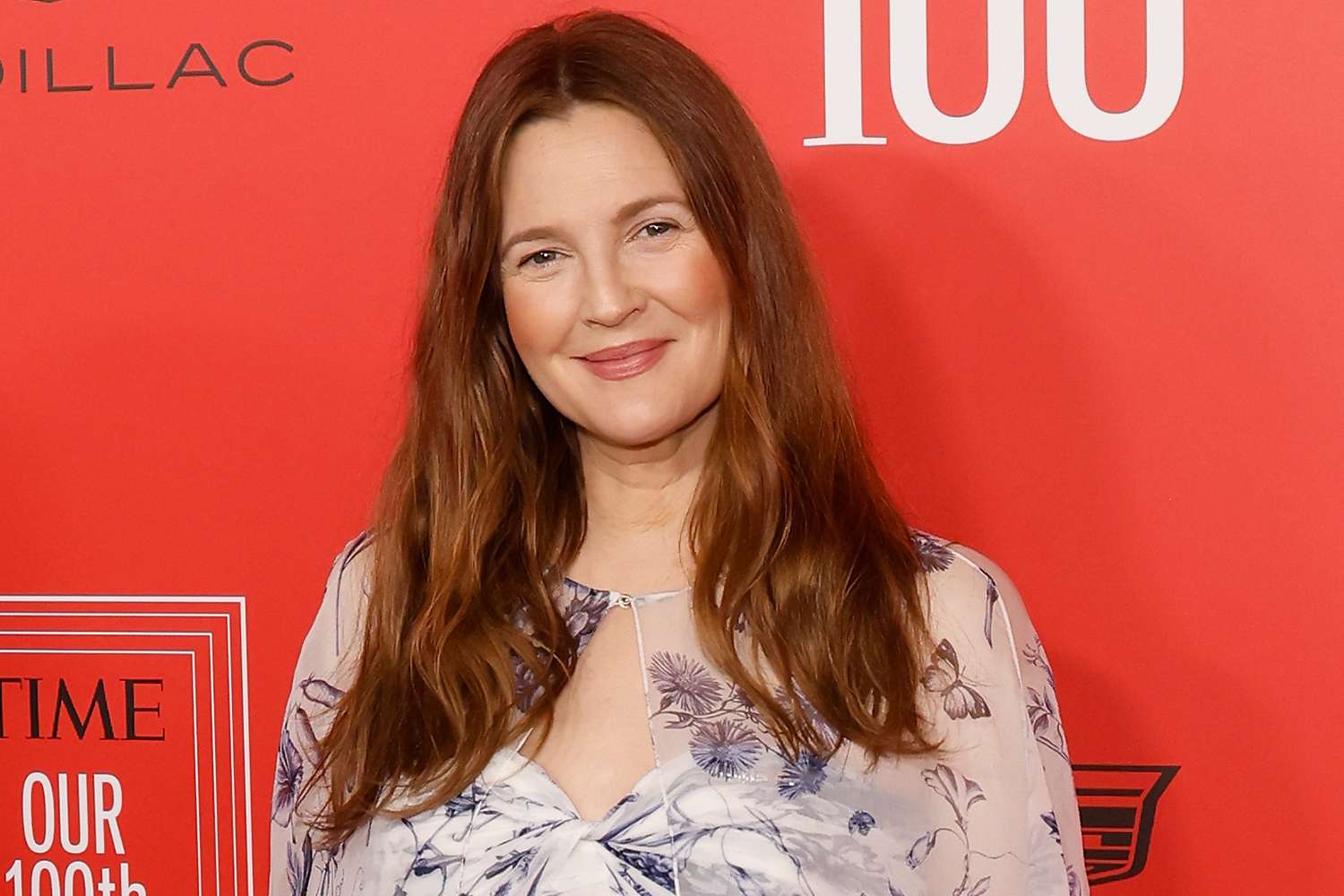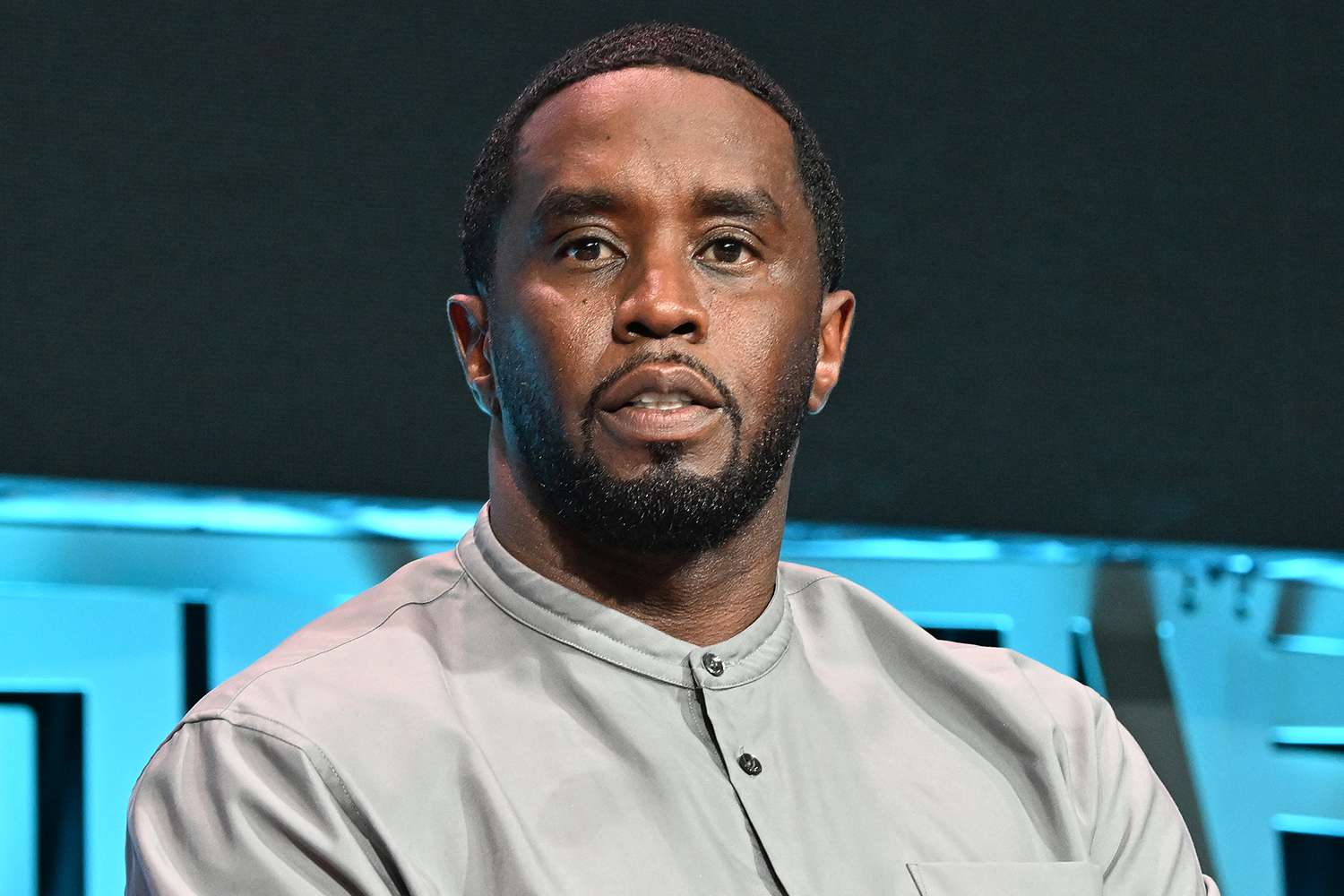“From Country Star to Corporate Trailblazer: Chely Wright Embraces Her ‘Third Life'”
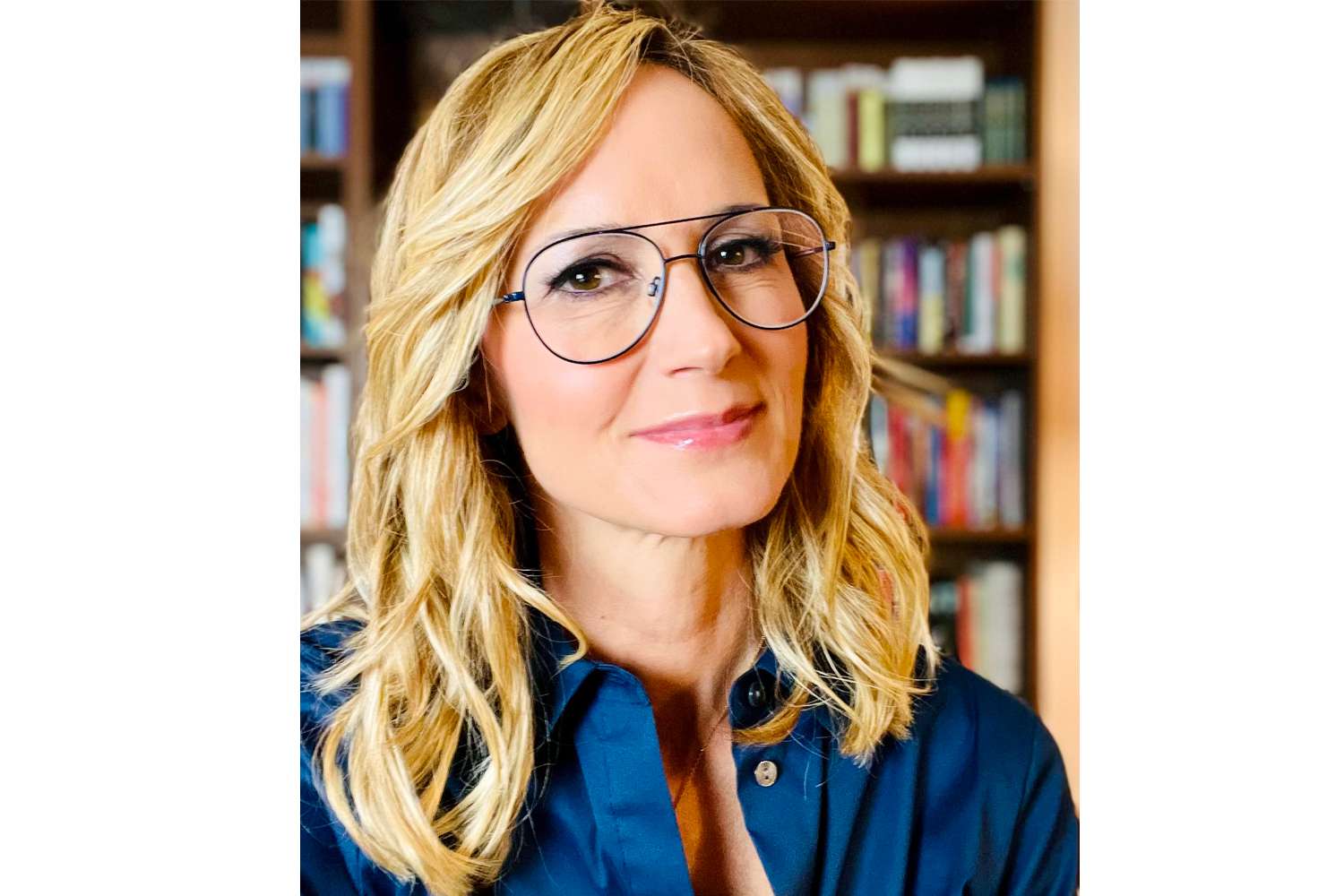
- Country vocalist Chely Wright has revealed her new position as senior vice president of corporate social responsibility and emerging market development at ISS
- Wright, who made history in 2010 as the first prominent country artist to come out as gay, discusses the significance of diversity, equity, and inclusion in the workplace
- She shares insights on what this new role entails for her musical journey
Country sensation Chely Wright recently introduced a new addition to her household: a small Cavapoo puppy. George and Everett, her 11-year-old twin sons with spouse Lauren Blitzer, had been “pleading for a dog,” she mentions, and when their parents finally agreed, the boys had the ideal name ready: Lucky.
While the name certainly suits the family’s latest member, it also aptly describes Wright’s recent circumstances.
Once recognized as Wright the country vocalist, then as Wright the openly gay country vocalist, the 54-year-old star is now taking on a new identity: Wright the senior vice president of corporate social responsibility and new market expansion at the facilities management/workplace experience company ISS, which she officially announced on Tuesday, March 25.
“I believe I’m the luckiest person alive,” she tells PEOPLE. “I try to embrace opportunities that come my way, and this was an undeniable chance.”
Although it might appear unconventional for a country music star to transition from the stage to a corporate 9-5, Wright is familiar with the business domain, having previously served as Chief Diversity Equity and Inclusion Officer for the global design firm Unispace.

She has always exhibited an entrepreneurial spirit; in first grade, she had her own paper delivery route, and at 16, she ran a local gasoline station on Sundays in her native Kansas. In 1999, the same year her hit “Single White Female” reached No. 1, she established the nonprofit Reading, Writing and Rhythm Foundation to foster music education in schools, and has collaborated closely with organizations like GLSEN, GLAAD, and the Human Rights Campaign since being the first major country artist to publicly come out as gay in 2010.
However, it is predominantly due to COVID that she made her most recent transition. Wright was on tour when the pandemic struck in March 2020, and like all other performing artists, was compelled to cancel her performances, pack her belongings, and return home. She anticipated a resurgence in April — but once she understood it wouldn’t happen, she adjusted her plans.
“About two weeks into COVID, I told my wife, ‘Darling, I believe I’m about to pivot,’” she recalls. “She asked, ‘What do you mean?’ I responded, ‘I think COVID is larger than we truly comprehend.’ After a discussion with my manager, I suggested we pause because it didn’t seem like circumstances would shift. I never would have taken the complete leap [if not for COVID].”
The “It Was” artist had been what she describes as having a “side hustle” doing cultural work in corporate environments as a consultant for the last decade. So when COVID arose, and as the world reacted to the tragedies of George Floyd and Breonna Taylor, those clients sought her out, eager to conduct inclusion workshops and virtual gatherings that fostered safe environments for connection amid uncertainty.

“It was, shall I say, the perfect storm that significantly propelled discussions surrounding leadership, belonging, and inclusion,” she asserts. “I was in a unique position, being the only music artist I knew who had ties to the corporate sector.”
Wright engaged Unispace as a client, and when they extended a full-time offer, she accepted, enthusiastic about the opportunity to promote belonging and inclusion through storytelling.
It’s a skill set she claims translates quite well from her music career, where she has always enjoyed the business aspect. At ISS, she is eager to share her insights with the company’s 320,000 personnel — particularly in the current political atmosphere, as President Donald Trump continues efforts to abolish diversity programs.
“I compel individuals to vocalize it: diversity, equity, and inclusion,” she declares. “For organizations like ISS and the clients we serve… you are crafting environments where individuals belong and feel secure. I couldn’t be prouder to be part of a company that is fully embracing the essential principles of inclusion and belonging. We’re fully engaging with it because we recognize its significance. And I believe everyone should remain steady; we are going to be all right. This is a moment in time, and the trajectory of the moral universe does indeed bend towards justice.”
That being said, diving into the corporate realm did not come without anxiety for Wright. She had previously experienced what she refers to as “a bit of an identity crisis” in 2010 when she publicly came out as a lesbian.
But a key factor in navigating that phase of her life was the conscious effort to release how others viewed her — and how she perceived herself.
“‘Oh, that’s who I used to be. That’s how I thought of myself. That’s how the world perceives me.’ I began relinquishing those thoughts when I came out because I understood I would be challenging my identity,” she recalls.
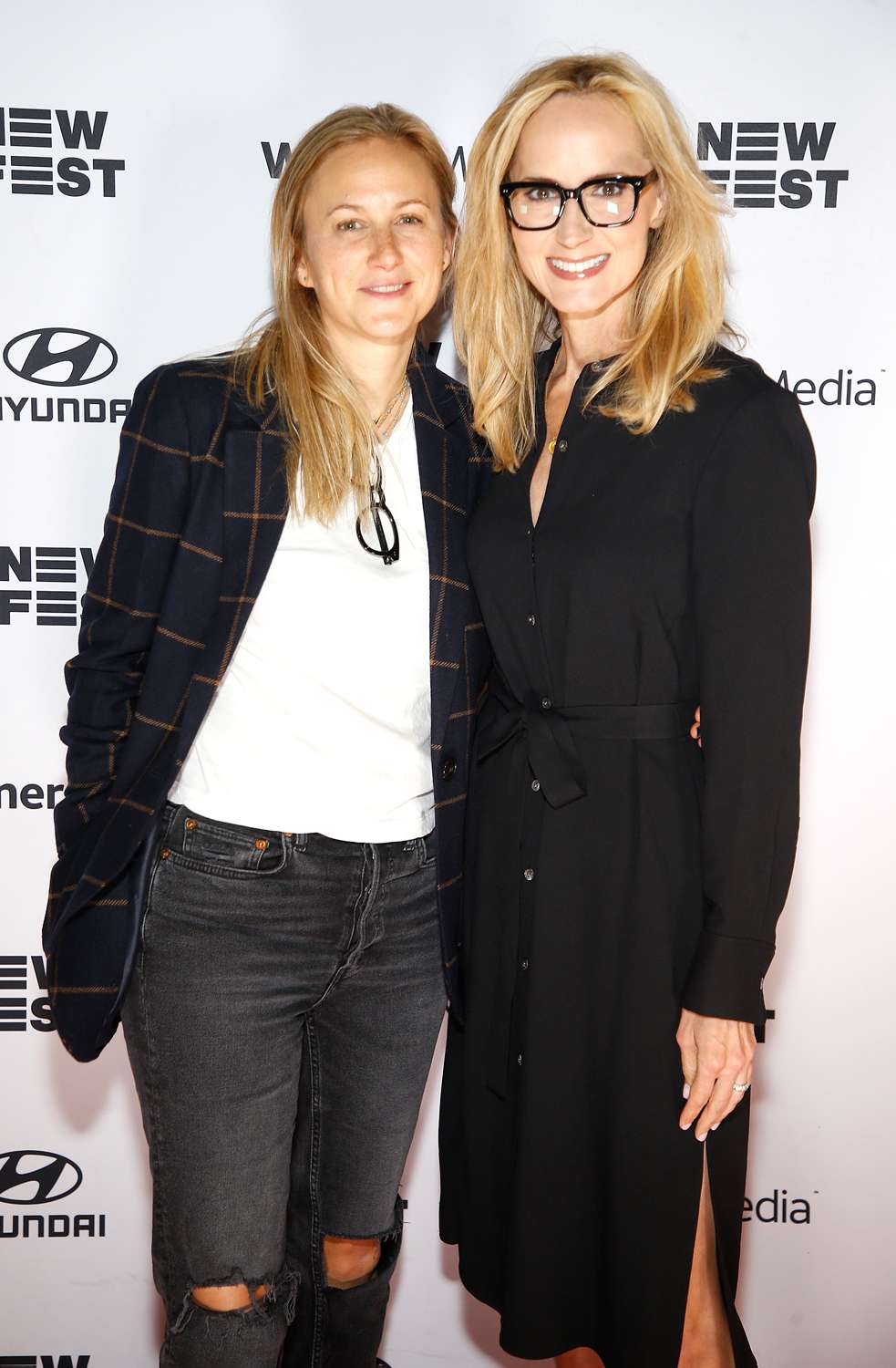
John Lamparski/Getty
It proved effective, and Wright — who wed Blitzer in 2011 — asserts that in the 15 years since, she perceives that conditions have “1,000%” improved for queer individuals, particularly in the country music arena (“One renowned celebrity who has come out refers to me as her gay whisperer. It’s the greatest honor to engage in that,” she reveals).
And now that she has ventured into the corporate world, can she still associate herself as a singer-songwriter? The reply is, of course, yes.
“I write a little every day. It’s simply the songwriter within me. I have a voice memo from yesterday with a melody that won’t leave my mind,” states Wright, whose latest EP, Revival, was released in 2019. “Music has not finished with me, and I don’t believe I will ever be done with music. It’s embedded in my DNA; it’s a part of who I am. I won’t claim that I don’t lead ‘Happy Birthday’ at work for some of our colleagues; thus, I’m still singing, and I will produce another album, but for the time being, this is such an extraordinary [opportunity].”
The star — who mentions she is 98% back to her former self after a stroke in 2018 — is also diligently working on a musical adaptation of her 2010 memoir Like Me: Confessions of a Heartland Country Singer, the rights to which were secured by actress Jean Smart’s SmartAngel Entertainment.
“The universe tapped me on the shoulder and said, ‘Oh hey, COVID, you’re going to embrace a new chapter, which I call my third life,” she reflects. “I think my second life was when I came out, and my career transformed significantly, and now I find myself in my third life. I now wonder, what will my fourth life entail?”
Source: Adapted from People
Eternal Pen online magazine publishes fascinating content daily in the celebrity section of the entertainment category. Follow us to stay updated with the latest news.


